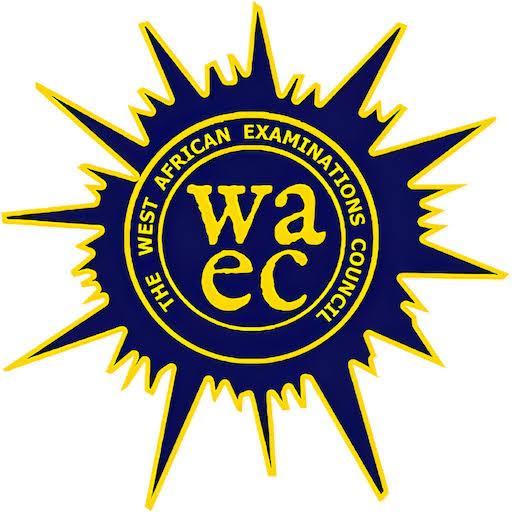Waec | Gce Government Syllabus + Success Tips (2025/2026)
Government is one of the most important subjects for art and commercial students preparing for WAEC and GCE exams. It focuses on political systems, governance structures, and civic responsibilities. Mastering the Government syllabus is key to understanding your rights as a citizen and passing the exam with ease. Below is the full WAEC and GCE Government syllabus, exam format, success tips, and FAQs to guide your preparation.
WAEC | GCE Government Syllabus (2025/2026)
Below is the official syllabus covering all the major topics:
1. Elements of Government
| Topics | What to Study |
|---|---|
| Meaning and Scope of Government | Definition, branches of government, basic concepts |
| Basic Political Concepts | Power, authority, legitimacy, sovereignty, nation |
| Types and Forms of Government | Democracy, monarchy, oligarchy, military, etc. |
| Organs of Government | Executive, legislature, judiciary |
| Separation of Powers | Definition, importance, examples |
| Rule of Law | Principles, application in Nigeria |
| Delegated Legislation | Reasons, types, advantages, disadvantages |
| Citizenship | Types, rights and duties, naturalization process |
| Political Ideologies | Capitalism, socialism, communism, welfarism |
2. Political Development in Nigeria
| Topics | What to Study |
|---|---|
| Pre-Colonial Political Systems | Hausa/Fulani, Yoruba, Igbo political organization |
| Colonial Administration | British indirect rule, French assimilation policy |
| Nationalist Movements | Key nationalists, reasons for growth |
| Constitutional Development | Clifford, Richards, Macpherson, Lyttleton constitutions |
| Post-Independence Governments | Military and civilian governments, 1960 to date |
3. Government Institutions and Processes
| Topics | What to Study |
|---|---|
| Public Commissions | Civil Service, Public Corporations |
| Local Government | Functions, structure, sources of revenue |
| Electoral Systems | Types of voting, electoral commissions |
| Political Parties | Features, functions, party systems |
| Pressure Groups | Types, functions, tactics |
| Public Opinion | Definition, importance, means of expression |
4. International Relations
| Topics | What to Study |
|---|---|
| International Organizations | ECOWAS, AU, UN, OPEC, Commonwealth |
| Nigeria’s Role in International Affairs | Contributions, challenges, foreign policy |
WAEC | GCE Government Exam Format
| Paper | Type of Questions | Duration |
|---|---|---|
| Paper 1 | 50 Multiple Choice Questions | 1 Hour |
| Paper 2 | 5 Essay Questions (Answer All) | 2 Hours |
Top Success Tips for WAEC | GCE Government Exam
| Tip | Why It’s Important |
|---|---|
| Master Definitions | Most objective questions test key definitions |
| Understand Nigeria’s History | Many essay questions focus on Nigeria’s political past |
| Use Headings in Essays | Helps structure your answers clearly |
| Solve Past Questions | Recognize repeated topics and question patterns |
| Focus on Organ Functions | Executive, legislative, judiciary always appear |
| Learn Names and Dates | Important for nationalist movements and constitutions |
| Study International Relations | ECOWAS, UN, AU questions are common |
| Use Recommended Textbooks | Like Comprehensive Government by Adigwe |
| Practice Time Management | Manage your time during both papers |
| Avoid Cramming | Understand concepts rather than memorizing |
FAQs About WAEC | GCE Government Exam
1. How many papers are in WAEC Government?
Two papers: Paper 1 (Objectives) and Paper 2 (Theory/Essays).
2. Is Nigerian politics compulsory in WAEC Government?
Yes. Questions on Nigeria’s political history, systems, and development always appear.
3. What textbook is recommended for WAEC Government?
Comprehensive Government by C.C. Dibie and Essential Government by O.A. Adigwe.
4. Which topics are most repeated?
Organs of government, types of government, constitutional development, and ECOWAS.
5. How do I answer WAEC Government essay questions?
Use subheadings, short paragraphs, and direct answers. Always give examples where possible.
Conclusion
Passing WAEC or GCE Government is about understanding systems of governance, mastering key political terms, and knowing Nigeria’s history well. Focus your reading on the syllabus, practice past questions regularly, and write structured, clear answers in your exams.
With consistency and the right resources, you can confidently aim for an A1 in Government.



